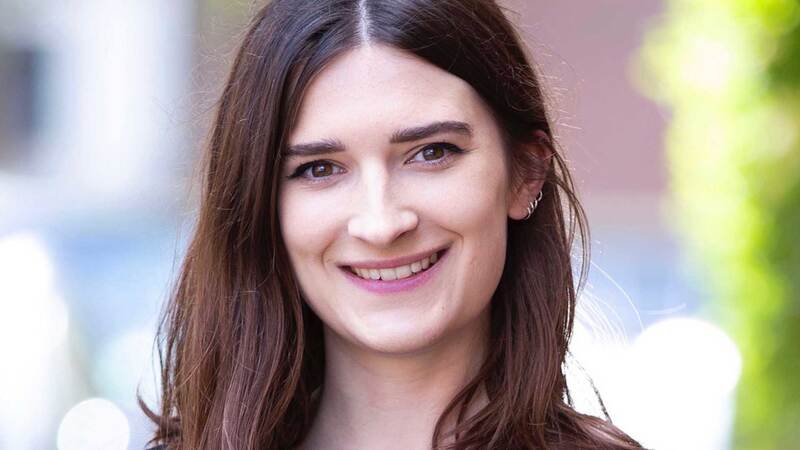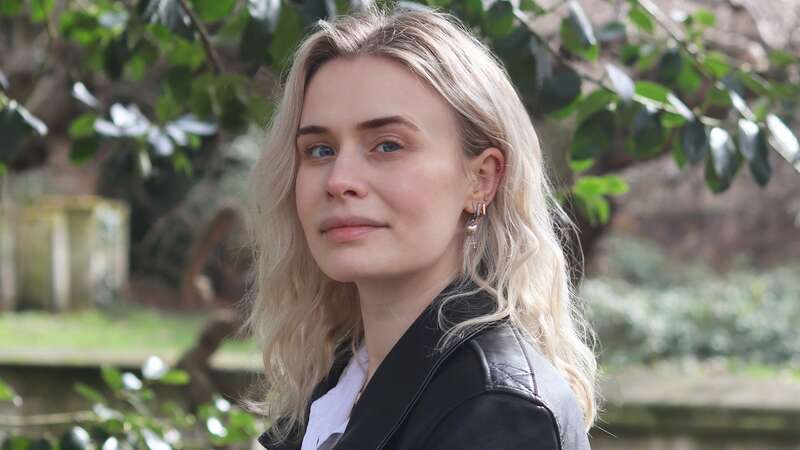You are viewing your 1 free article this month. Login to read more articles.
Centre people with learning disabilities in your planning, publishers and festivals urged
Publishers and literary festivals should "rethink assumptions" and include people with Profound and Multiple Learning Disabilities (PMLD) in the early stages of planning accessible books and events, panelists at the Edinburgh International Book Festival (EIBF) have said.
Speaking at the festival’s "Opening Up Books" session hosted by Catherine Jones, EIBF’s creative learning manager, delegates heard publishers should consult readers with PMLD before taking a variety of steps to edit books catering for children with PMLD and additional complex needs. "Multi-disciplinary and multi-sensory experiences” should also be advocated at festivals, they were told.
Panellist Ailie Finlay, director of social enterprise My Kind of Book, set up her company to create books for children, after the schools she worked in reported a dearth of books suitable for those with PMLD. She said: “Oaklands School [for learners with PMLD, based in Edinburgh] asked me to create a set of books, because the staff were struggling to find anything for the children."
“I started making tactile, hand-made books, but they were very expensive to produce,” she said. Discussing what presses could do to make their books accessible, she said: “There are many things than mainstream publishers can be doing to make books more accessible — there are books for every single child.”
“[PMLD accessible] books can have the text shortened...and enlarged illustrations,” she said, in addition to altering the size of fonts, and making the link between the text and images very clear.
“We found when doing research, 90% of teachers with students with PMLD say they need to adapt picture books in order for their students to access them, which goes to show the need for accessible books.”
My Kind of Book has just received funding from Scotland’s Creative Innovator bursary, and intends to research how books are being adapted in special schools, before producing a toolkit for editors and publishers looking to publish more inclusive books.
Kelsie Acton, a neurodivergent dancer, choreographer and inclusive access manager at Battersea Arts Centre, urged publishers to work with writers with PMLD. “Put them in charge — where are your learning disabled authors?
Addressing publishers, Alexandra Strick, who co-wrote children’s book You Can! (Otter-Barry Books, October) with Steve Antony, said “don’t divide books into two categories — so many mainstream books could be more accessible and inclusive — start with that at an early stage and don’t try and make tokenistic changes later on”. She urged festival organisers to employ “people with lived experience” to work at making events accessible.
Antony said when he first showed publishers You Can!, a picture book centred on a wheelchair-using character, they “weren’t as enthusiastic as [he] would have liked them to be", and authors and illustrators should “incidentally include” characters with disabilities in their work.
Charlotte Riley, programme and events manager at inclusive music and dance events company Paragon, said working on “changing the audience’s perception” of accessibility should be a priority for all arts industries and urged literary festival organisers to “[work] in partnership with organisations that are doing this everyday, talking to people who have a range of support needs — the stakeholders are the experts”.
“Have people with PMLD themselves [do] the deciding and programming, and take a multi-sensory and multi-disciplinary approach”.
Maureen Philips, who works with PAMIS, an inclusion promoting charity, agreed, saying: “People with PMLD are the best educators about PMLD — have them in the centre, rethink assumptions”.
All panelists agreed it was important for the publishing industry to move away from “overestimating the importance of intellect”, particularly in children’s writing. Children’s author and multi-sensory storyteller Heather Molloy said: “It’s often assumed that people who have learning disabilities won’t want to look at books for adults, or an accessible version of 'Macbeth'. I think publishers need to realise these aren’t the facts — they shouldn't make assumptions about what people will like based on their age and intellect alone.”
When asking people what they remember about reading and being read to, Finlay said: “Almost nobody remembers the contents of the books, the things people remember are the closeness, the relationships — it’s always to do with the relationship and engagement. As a society generally we overestimate the importance of the intellect connected to reading. It’s not the content that’s necessarily important to us, it's something to do with the emotions. It’s difficult to get past that because we put so much importance on the intellect, but I think if we can get past this, it opens up a whole new world of stories.”














